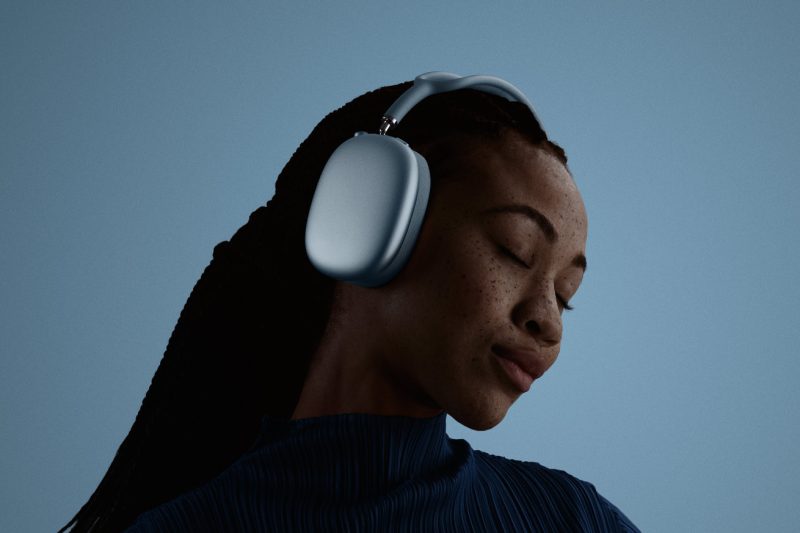Apple’s AirPods Max was introduced in December 2020 with much anticipation from tech enthusiasts and Apple fans alike. Boasting high-fidelity sound, exceptional design, and seamless integration with Apple devices, the AirPods Max seemed poised to revolutionize the premium headphones market. However, despite the initial hype, it seems that Apple may be sleeping on the potential of the AirPods Max, failing to fully capitalize on its features and potential.
One of the key criticisms of the AirPods Max is its high price point. Priced at $549, the AirPods Max is significantly more expensive than its competitors from brands like Sony and Bose. While Apple typically justifies its premium pricing with superior build quality and innovative features, some consumers may be deterred by the steep price of the AirPods Max, especially considering the more affordable options available in the market.
Another area where Apple may be missing out on the full potential of the AirPods Max is in terms of customization and personalization. Unlike some of its competitors, the AirPods Max lacks user-adjustable settings such as equalizer controls. This limits the ability of users to tailor the sound profile to their preferences, which could be a significant factor for audiophiles and music enthusiasts seeking a more personalized listening experience.
Furthermore, the AirPods Max has faced criticisms for its case design. The Smart Case, designed to protect the headphones when not in use, has been described as cumbersome and impractical. Some users have expressed disappointment in the lack of a more robust carrying case that provides better protection for the premium headphones, especially considering their high price tag.
In terms of functionality, the AirPods Max offers impressive active noise cancellation and spatial audio features, providing a premium listening experience for users. However, some critics have pointed out that the spatial audio feature is limited to select Apple devices, which may restrict its appeal to users who primarily use non-Apple devices for their audio needs.
Despite these criticisms, the AirPods Max still has many strengths that make it a competitive player in the premium headphones market. Its sleek design, superior sound quality, and seamless integration with Apple’s ecosystem set it apart from its competitors. With the potential for future software updates to address some of the criticisms and limitations of the current model, there is still room for Apple to further enhance the user experience and solidify the AirPods Max as a top choice for consumers seeking high-end headphones.
In conclusion, while the AirPods Max has received mixed reviews and criticisms since its launch, it remains a premium product that offers a unique blend of design, sound quality, and integration with Apple devices. By addressing some of the key criticisms and limitations of the current model, Apple has the opportunity to fully unlock the potential of the AirPods Max and cement its position as a top contender in the premium headphones market.




























